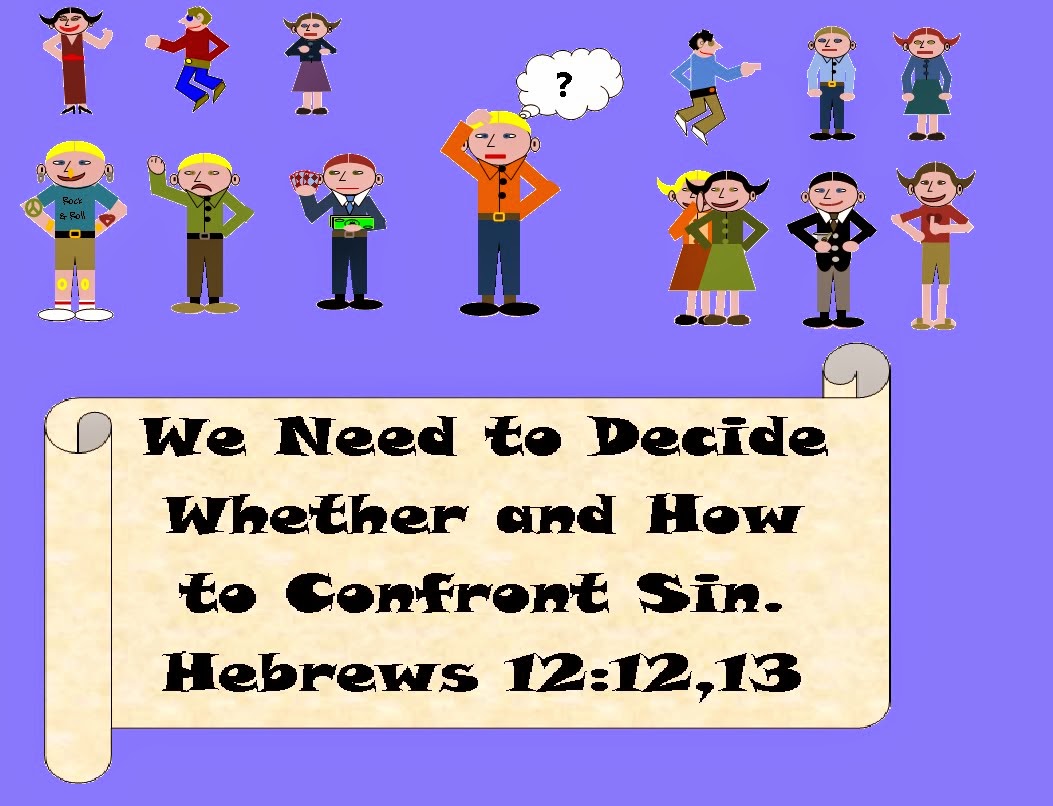Tom Carver was angry, and more than a little perplexed. He had searched for her by every avenue he could think of and found nothing, But it was impossible that someone would not be on the system. They could not buy food or hold a job or get medical care.
It had all started four days ago. He was sitting in a coffee shop, ordering his usual breakfast.Then he noticed her. She was alright looking, though nothing really special. But the thing that drew his attention was that she was reading an actual paper-and-print book. Why would anyone want such a thing? Surely all the literature and information in the world could be found on the system.
He was curious enough to go over to her table. They talked about books and other things. This included her strange religious beliefs about God becoming a human being to show people what God was like and save them from the penalties for their wrongdoings. She invited him to a meeting of her group, and he was curious enough to consider it. She then took a piece of paper and wrote down the street address of the meeting. She told him to be sure to keep the paper if he wanted to come. This made no sense at all, because once he entered it in his zone on the system, it would be there permanently until he deleted it.
During a break at work he asked the system about the woman's religion. He got an immediate response of negative reports and arguments against it. That night he watched the queued videos he had requested on his full wall screen. But in the middle, where he did not remember ordering it, there were pictures of a current, casual relationship. Romantic moments shared and good times enjoyed. The next day, when he checked his vids, he found a full porn download he had not requested. He was puzzled. When he tried to go to the meeting anyway, the system directed him to a strip bar, with no sign of a religious meeting anywhere.
And now he could not find her on the system at all. Then he remembered the slip of paper.
With some effort he found the place. The service gave him a lot to think about. Afterwards, he ran into the woman. "Interesting service," he told her, "but I had a hard time finding it."
"That's not surprising," she replied, "we've tried preparing people, but they don't believe us. You have to experience it yourself."
"But why?" he asked.
"The system started out with a number of people advertising their products," she explained. "But somewhere, someone took over. They are very low profile, so we do not quite know who they are, the government, some business cartel, or something else. They give people what they want, but they also work to control them and keep them consuming products. But they are against Christianity or any other definite belief because it produces in people convictions they cannot control."
"But how can you live off the system?" he asked.
"We are not really 'off the system'; nobody is," she replied. "They are smart, and they do not want to produce martyrs. But we are limited and tend to get stuck with the worst, lowest paying jobs and are kept from positions of power. But when someone tries to investigate our beliefs, the blocks go up. So you need to decide whether you want to continue the investigation. There is a cost involved."
prayer for a fresh start
25 minutes ago




















